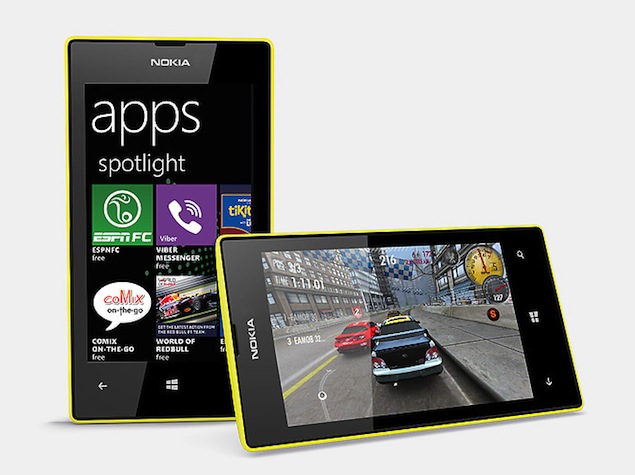Overall it was a big marker for global smartphone sales, as they passed 250 million units for the first time ever this past quarter. That meant that 60% of all phones sold worldwide were smartphones. Of these 250m phones, a huge 88.4m were Samsung - over 35% of the marketshare in Q3 2013.
Here's a quick summary of what happened with the individual manufacturers:
Apple
First off, the big news from the night came from Apple, who announced their results for fiscal Q4 2013. As always, they made for interesting reading.
As always for Apple, the financial results were pretty healthy. Of the $37.5bn revenue, Apple made $7.5bn profit. That contributed to a whopping annual fiscal revenue record of $171bn. Tim Cook announced an expectation of around $55bn for the Christmas quarter.
Whilst the finances look strong enough, it wasn't all plain sailing for Apple. iPhone market share dropped to 13% over the quarter and analysts put this down to products failing to address the low-end of the the smartphone pricing market. For example, the Android-based 'Red Rice' smartphone in China costs $130, compared to $549 for Apple's cheapest offering, the iPhone 5c. This contributed to a slightly underwhelming 33.8m iPhones being shipped.
Whilst the finances look strong enough, it wasn't all plain sailing for Apple. iPhone market share dropped to 13% over the quarter and analysts put this down to products failing to address the low-end of the the smartphone pricing market. For example, the Android-based 'Red Rice' smartphone in China costs $130, compared to $549 for Apple's cheapest offering, the iPhone 5c. This contributed to a slightly underwhelming 33.8m iPhones being shipped.
The stale news didn't stop there, iPad revenues were down, with sales staying flat on the 14m sold in the same period in 2012. Mac sales dropped to 4.6m and iPod shipments dropped by nearly 50% to 3.5m.
Understandably, the value of shares in Apple initially fell over 3% during a press conference with Tim Cook. At end of trading, Apple's stock was down 5%.
Nokia
The first of the big winners from last night was Nokia. Over 8.8m Nokia Windows Phones were shipped in the last quarter - 19% up from the previous quarter. Notably, Nokia reported an incredible 367% year-on-year rise in the number of Lumia devices sold in North America. Understandably Nokia are delighted with this and attributed the increase of 6m handset sales over 2012 to the widening range of Nokia Windows Phone handsets, in particular the Lumia 520.
This is of course great news for Microsoft as well, as the more people operating the Windows RT interface, the more consumers will be comfortable with the switch to other Windows 8 devices.
Others
Nokia wasn't the only manufacturer patting themselves on the back, Huawei's global shipments grew by 67% to an impressive 12.7m in Q3 2013, becoming the world's third largest smartphone vendor in the period. Whilst this was mostly in China, it is understood that Huawei will be aggressively targeting Europe and the U.S over the next 12 months.
Behind Huawei, LG also reported strong results by growing the fastest among the top five smartphone brands, up 71% year-over-year to ship 12 million smartphones worldwide for a market share of 5 percent in Q3 2013.
Obviously these aren't exhaustive. HTC have been reporting bad news all year, as have Motorola and BlackBerry; but these figures show that despite Samsung and Apple are still dominating the part,y there is plenty for the smaller manufacturers to fight over.
Obviously these aren't exhaustive. HTC have been reporting bad news all year, as have Motorola and BlackBerry; but these figures show that despite Samsung and Apple are still dominating the part,y there is plenty for the smaller manufacturers to fight over.




























